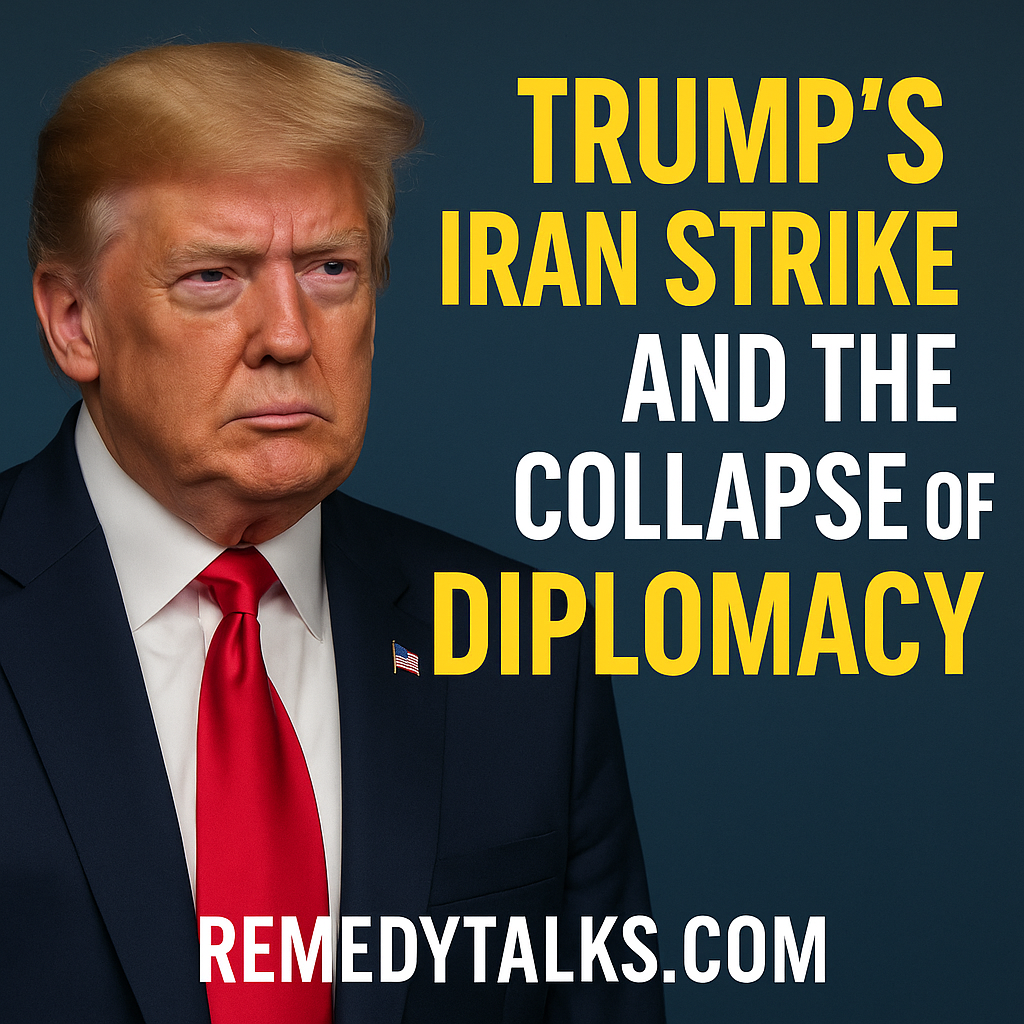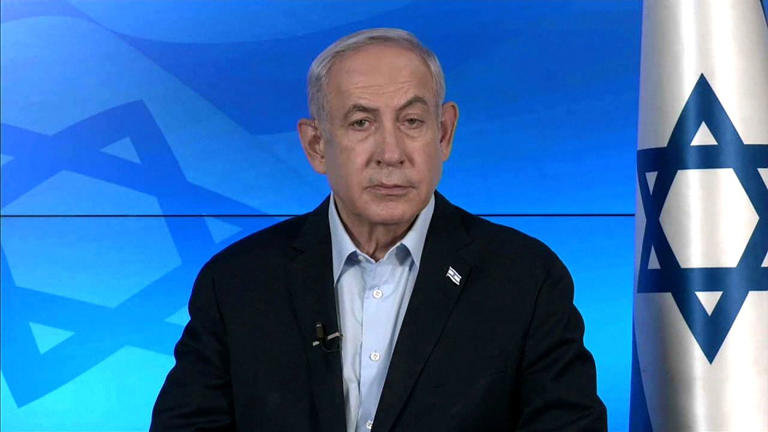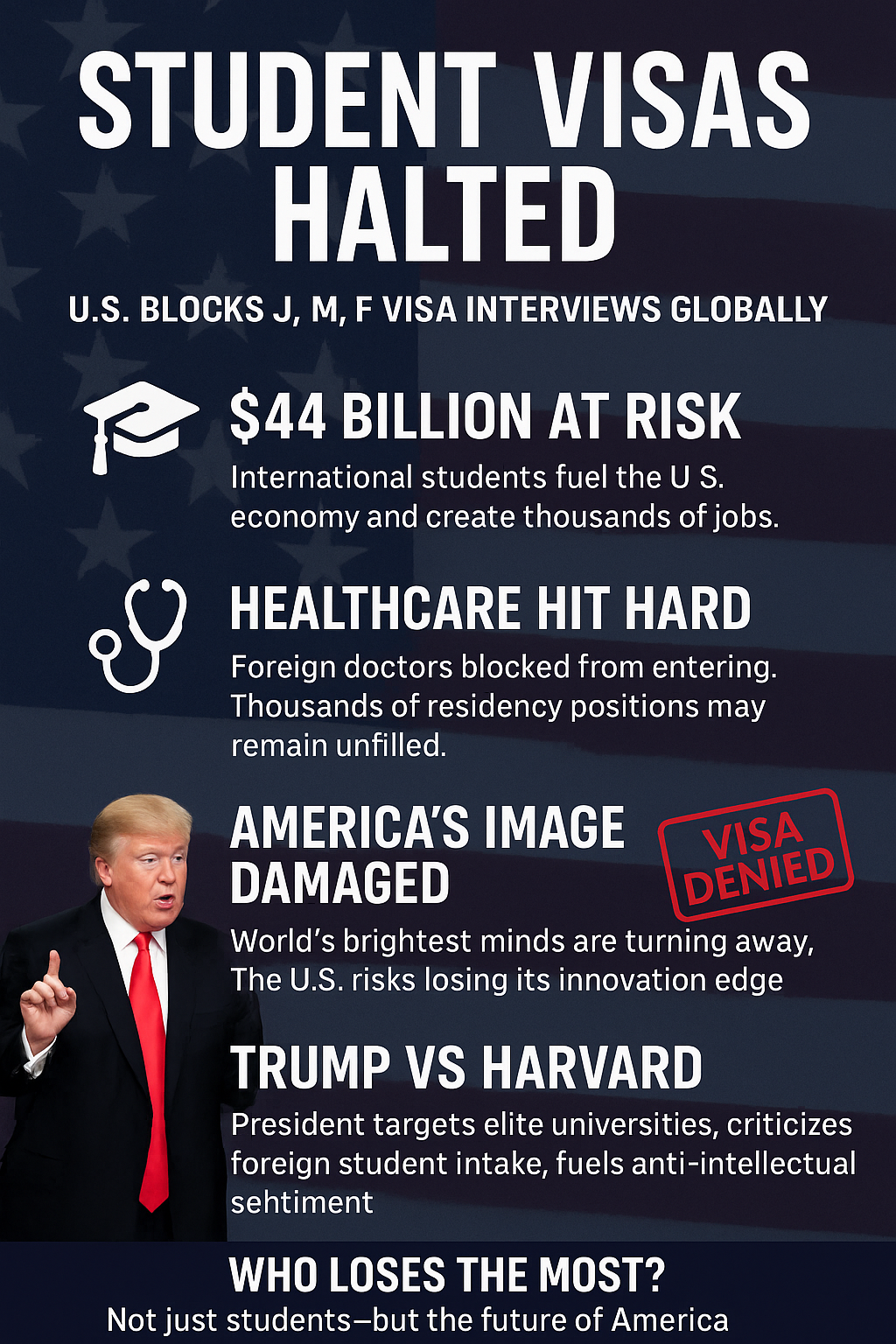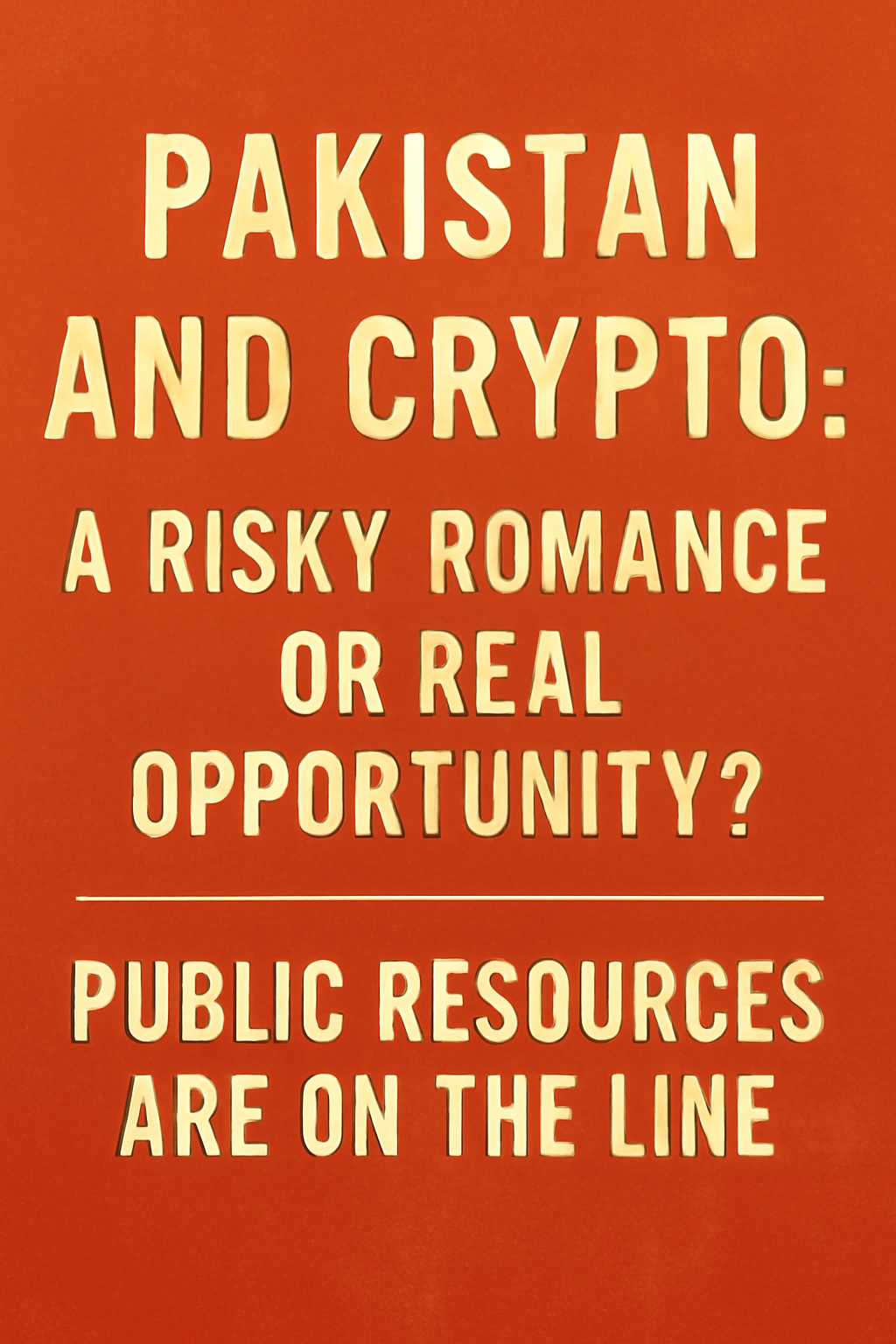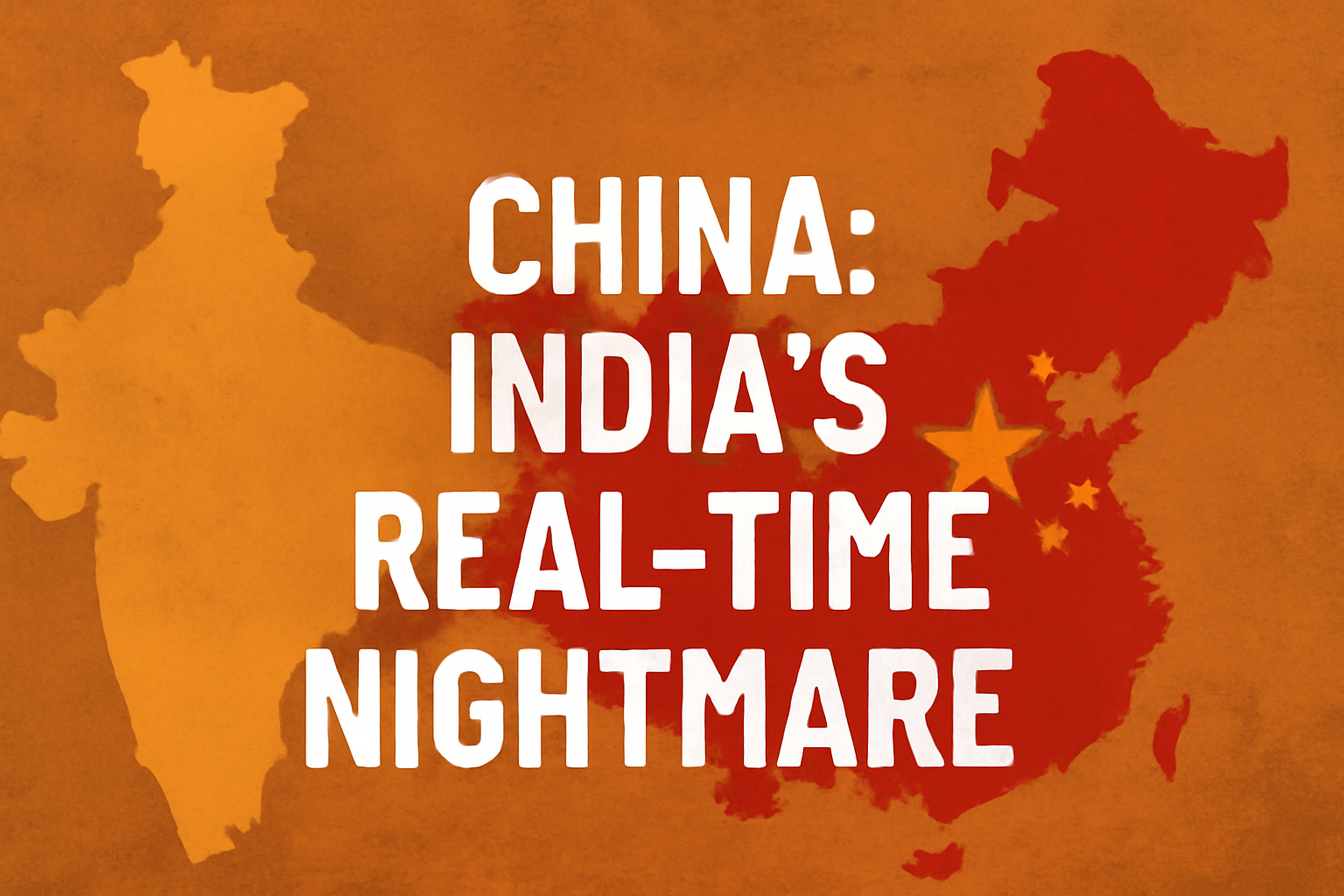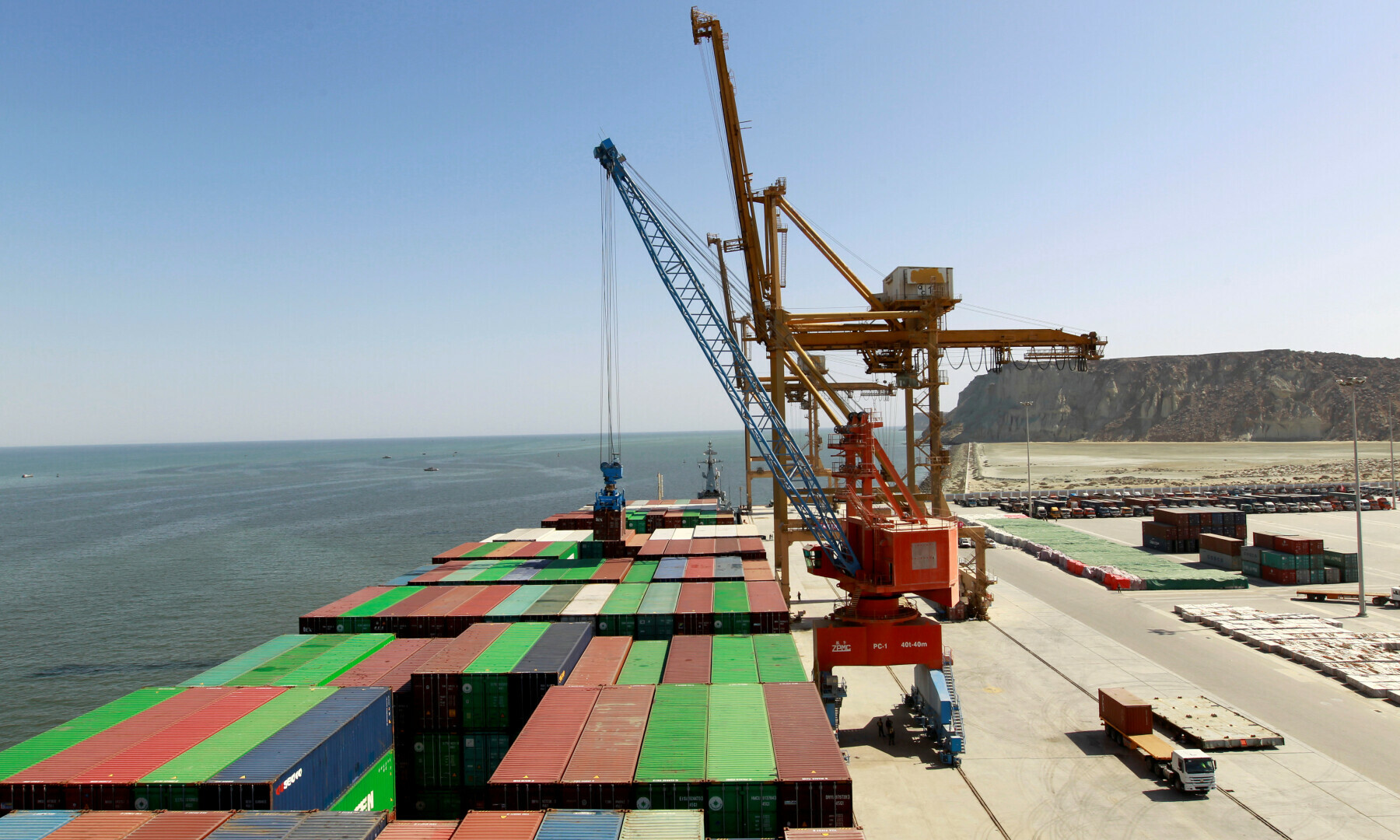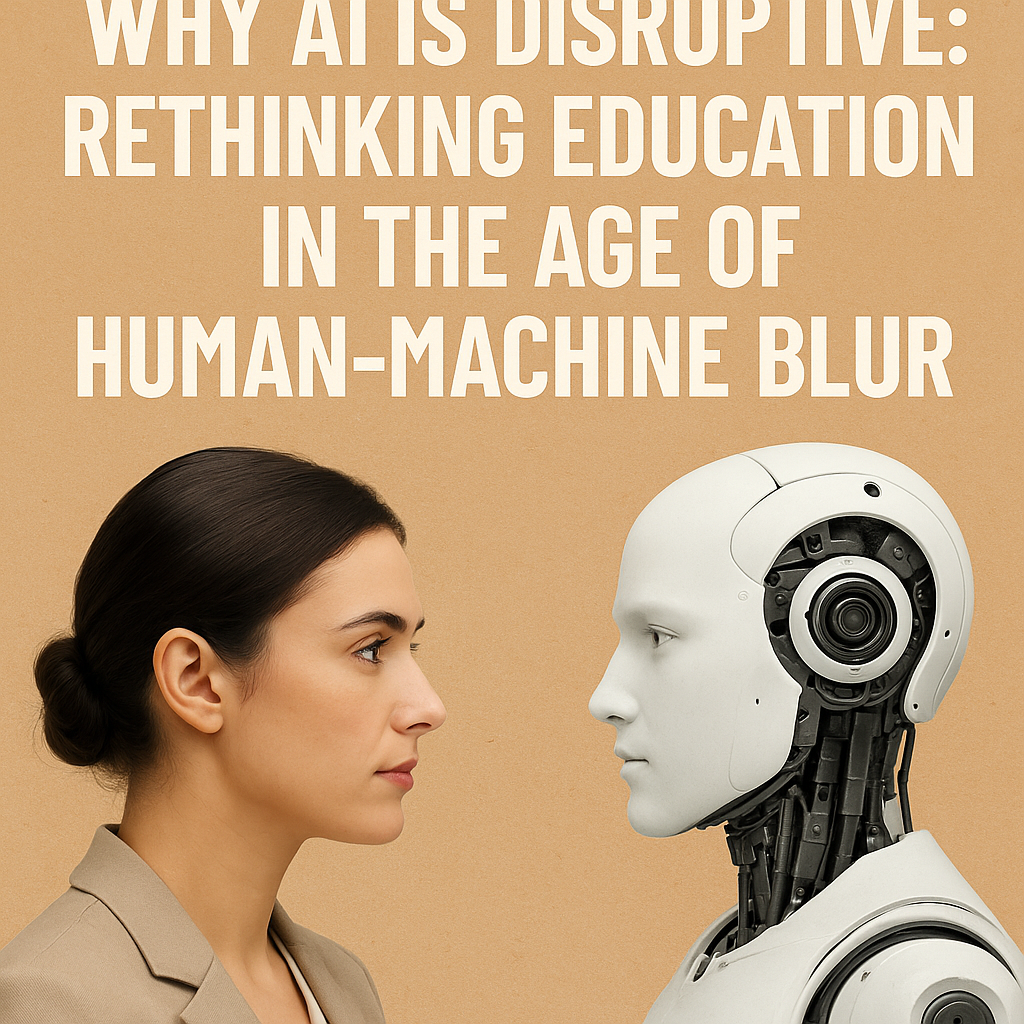Here’s a complete, step-by-step blog-style guideline to help you prepare for the upcoming Punjab Public Service Commission (PPSC) exam for the post of Sub‑Divisional Enforcement Officer (SDEO) under Punjab Enforcement & Regulatory Authority (PERA). If you’re aiming to clear this test, follow these sections carefully and tailor them to your situation in Lahore / Punjab, Pakistan
Introduction
Despite repeated claims that he would avoid new wars, former U.S. President Donald Trump authorized a military strike on Iran’s nuclear facilities, dragging the United States into a direct confrontation with Iran—alongside Israel.
Targeting Fordow, Natanz, and Isfahan, the joint U.S.-Israeli operation marks a violation of the UN Charter and plunges the Middle East into dangerous new territory.
Behind the stethoscopes, white coats, and long hours of study, a troubling crisis unfolds—excessive work hours, unending exams, and immense pressure to excel. While society
What happened: Early on June 13, Israel launched airstrikes across Iran—dubbed Operation Rising Lion—targeting nuclear, missile, and military sites in cities including Tehran, Natanz, Khorramabad, and Khondab
In a sweeping policy change, U.S. consulates worldwide have been instructed to pause all visa interviews for international students, including J, M, and F visa applicants. This move, made under the Trump administration, is already triggering economic disruption, threatening healthcare staffing, and damaging America’s global reputation as a hub for education and innovation.
Cryptocurrency has captured the imagination of many around the world, and Pakistan is no exception. However, a sort of crypto bug seems to have bitten the government recently — raising eyebrows both domestically and internationally. While some level of interest in crypto is understandable, the line between crypto as a political tool and crypto as a serious business proposition is critical to keep in mind. The stakes are high, because public resources are on the line.
India’s geopolitical tension with China has never been a passing storm. It is a simmering, real-time nightmare that defines much of New Delhi’s foreign and defense policy. As Ram Udhav highlights in Uneasy Neighbours (2014), India’s paranoia is neither baseless nor new. It dates back to a prescient warning from Sardar Vallabhbhai Patel to Prime Minister Nehru in 1950: beneath China’s ideological expansion, lurk racial and imperial ambitions.
FC Barcelona has officially tied down one of the brightest stars in world football, Lamine Yamal, to a new six-year contract, extending his stay at Camp Nou until 2031. The deal marks a major step in securing the long-term future of the Catalan club as they rebuild under manager Hansi Flick.
Despite rising trade tensions and new US tariffs, America remains Pakistan’s top export destination. In 2024, Pakistan exported $5.4 billion worth of goods to the US, generating a trade surplus of $3.33 billion. But with former President Donald Trump’s return to the global trade stage and his administration’s sweeping reciprocal tariffs on over 60 countries — including Pakistan — the economic equation is changing fast. As a new policy committee forms in Pakistan to chart a response, there’s a clear need to rethink how the country positions itself in an increasingly protectionist trade landscape.
Artificial Intelligence isn’t just a new tool; it’s a force that is reshaping how we think, work, and learn. As philosopher Tobias Rees insightfully puts it, AI is not disruptive because it will outsmart us—it’s disruptive because it dissolves a boundary we once thought was unshakable: the distinction between human and machine. This realization is sending shockwaves through institutions, especially education, where the foundations of knowledge, assessment, and learning are being questioned. We are now in an AI moment—a turning point where urgent questions must be asked and honest answers must follow.
